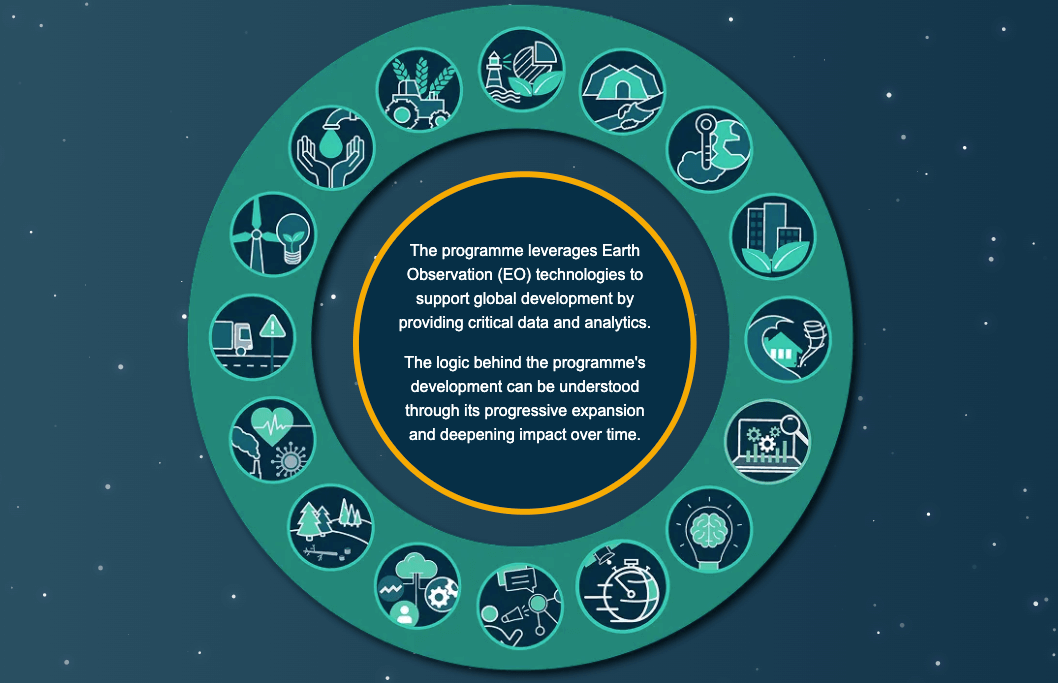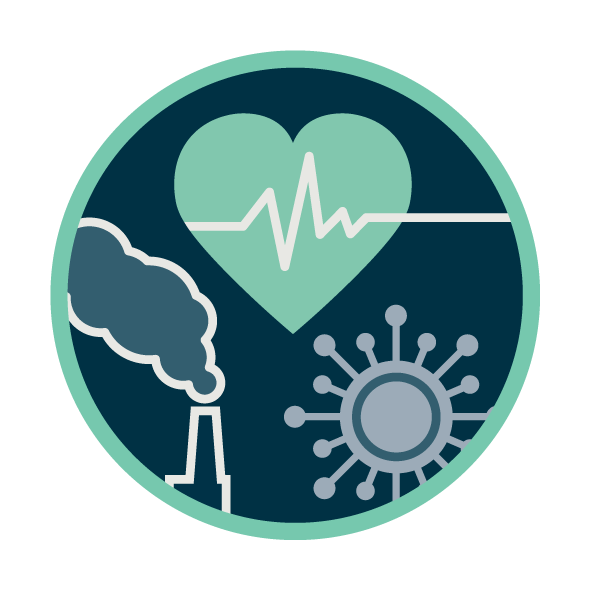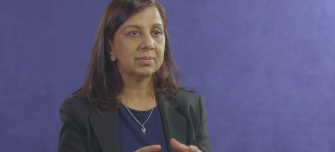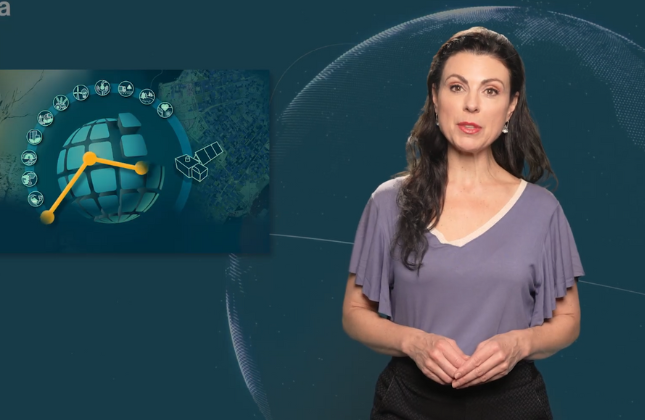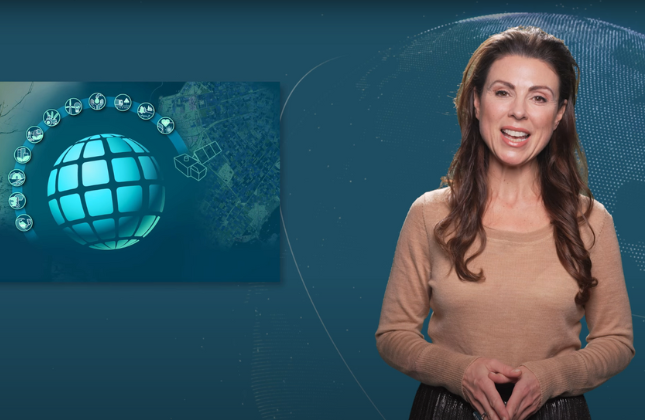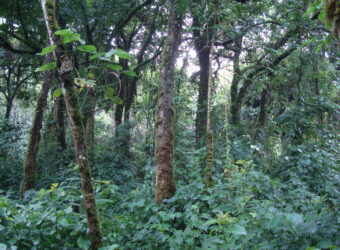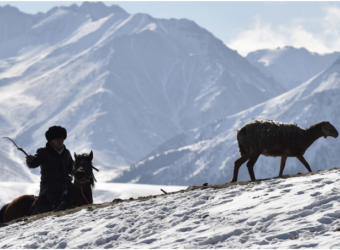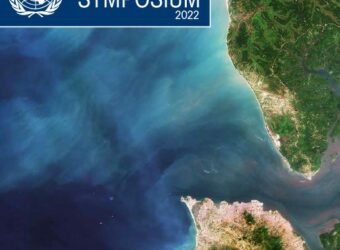The Global Development Assistance (GDA) Climate Resilience consortium has been supporting the World Bank (WB) and South Sudan’s Ministry of Water Resources and Irrigation (MWRI) in enhancing climate-resilient water resources management and strengthening flood resilience in specific river basins. Through the use of Earth Observation technologies, this support resulted in the provision of flood management data products. For previous blogs on this topic, refer here and here.
In line with the coordinated strategy deployed between ESA and the World Bank following the Space for IDA cooperation framework principles, the WB has mobilised additional resources from the Global Facility for Disaster Reduction and Recovery (GFDRR) to complement the support provided by ESA through the GDA programme. This resulted in the publication of a WB public tender for the implementation of a project entitled “Strengthening knowledge and information for flood and drought management South Sudan regional climate resilience program” which was awarded to GMV through a competitive bidding process. This project aims at further enhancing South Sudan’s water information management system (WIMS) through the incorporation of Earth observation (EO) data combined with in-situ data..
The kick-off meeting of this one-year project took place on December 4th, 2023, with GMV leading a consortium consisting of Vizzuality, Polytechnic University of Valencia, and Ass. Prof. Khidir Abdalla Kwal Deng from the University of Juba, who will serve as an independent local consultant.
This project holds significant promises asit seeks to achieve two key objectives: the development of first-generation flood and drought hazard and exposure maps for South Sudan, and the creation of a Water Information Management System pilot tool and roadmap to enhance data and information availability for water management. To ensure effective implementation, the consortium will provide hands-on training and capacity building, actively engaging government experts in data collection and processing activities.
Moreover, this comprehensive effort emphasises the importance of training MWRI staff in collecting and utilising hydrological data for effective decision-making related to droughts and floods, providing concise summaries tailored to decision-makers.
Thanks to the expertise and support provided by ESA through the GDA Climate Resilience activity, a strategic collaboration between GMV, the World Bank, and the MWRI under the South Sudan regional climate resilience program has been established. This collaboration will strengthen the country’s water management systems, enhance its climate resilience, and contribute to its overall development objectives.



